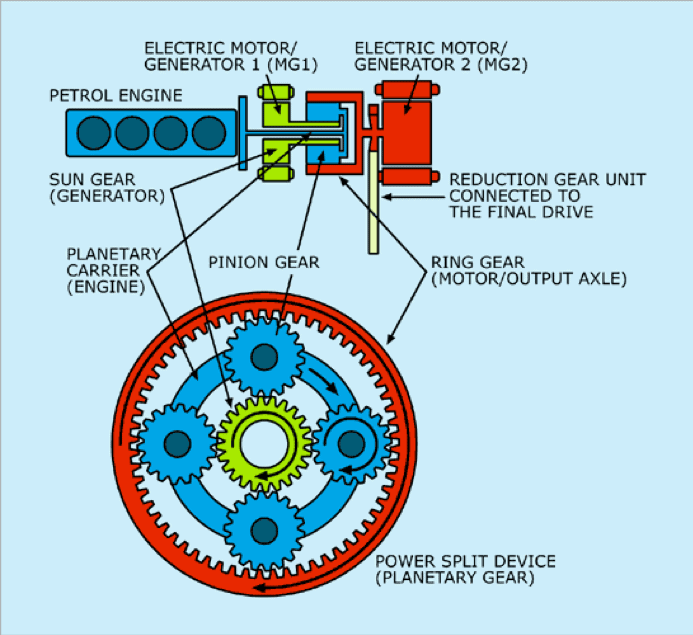theschnell
Member
So I was a huge Toyota fan until Tesla came on to the scene, so there may be some bias but here's the reason I don't think its necessarily time to go after Toyota yet. At this point, Toyota (with a possible exception of their trucks) is primarily purchased by very price conscious, middle to late adopters. In my opinion, that genre is not quite ready to make the switch to Tesla. They can still buy a brand new, very reliable Toyota sedan for less than $25k, and a crossover for less than $30k. Yes cost of ownership and all that, but they are just not going to to pay that significant of an additional premium to new company this early in the game.
Over the long term, I think Toyota is screwed if they don't change their strategy very soon, but I just think they still have some more time. Two things are required to get Toyota loyalists to convert en masse.
1) Up front cost parity or very close.
2) Gas prices nationwide above $3 or maybe it would need to be $3.50 per gallon.
Number one is not that far out, so Toyota's days are numbered.
Over the long term, I think Toyota is screwed if they don't change their strategy very soon, but I just think they still have some more time. Two things are required to get Toyota loyalists to convert en masse.
1) Up front cost parity or very close.
2) Gas prices nationwide above $3 or maybe it would need to be $3.50 per gallon.
Number one is not that far out, so Toyota's days are numbered.



